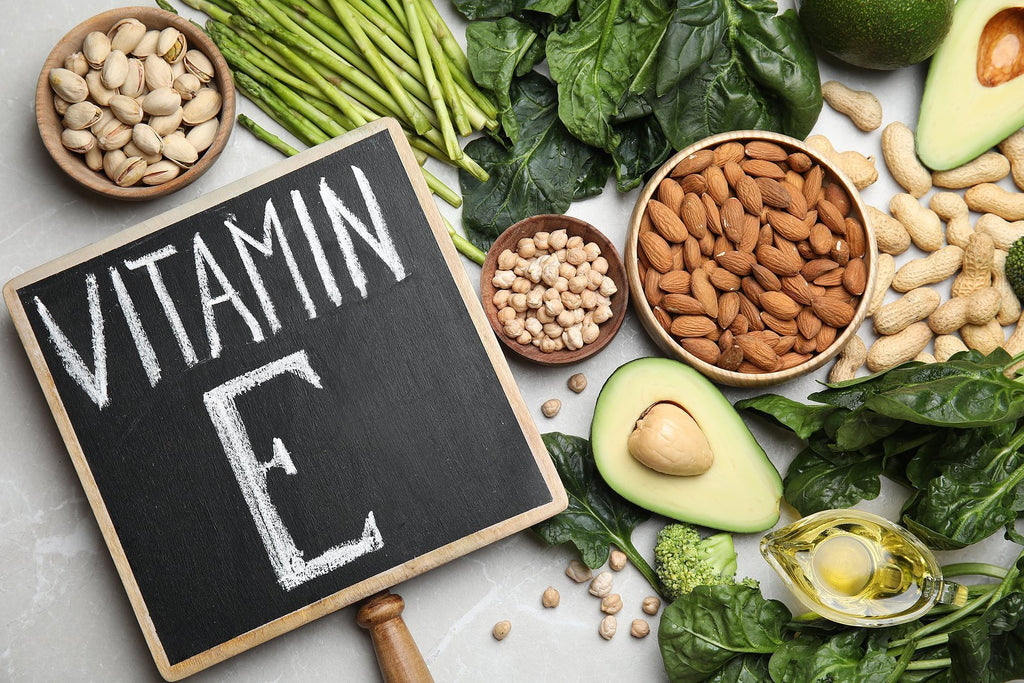Iron Levels & Your Brain – The Good, The Bad, And The Ugly
You might have heard iron referred to as the “Goldilocks mineral”. Getting just the right amount of iron is critical for mental function. However, more is not necessarily better. Too much iron can have the opposite effect and lead to cognitive disease and accelerated aging.
Iron Levels and Energy
The best-known role of iron in your body is in supplying energy to your cells. It does this by helping your blood deliver oxygen. Iron is needed by your body to make hemoglobin, which helps red blood cells carry oxygen to your brain. In fact, two-thirds of the iron in your body is in your red blood cells.
So, if you lack iron, you won’t be able to make enough hemoglobin, which can cause symptoms like shortness of breath, rapid heartbeat, dizziness, chest pain, swelling in your hands or feet, pale skin, and fatigue, including mental fatigue or just dull mental performance. Even a mild deficiency can affect memory, learning, and attention span.
Iron and Kids
Iron is especially critical for babies in utero, infants, and children, because deficiency during those periods can cause irreversible cognitive damage, affecting behavior and learning. Having enough iron during early childhood will help dictate brain health in adulthood. Even ADHD has been improved in some children through iron supplementation. Sufficient iron during childhood and adolescence creates better myelin integrity and sets the foundation for strong cognitive skills as an adult.
Even subtle variations in iron levels matter. Studies have shown a correlation between low iron levels in children and poor math and language skills.
Iron and Adults
Adults will also experience neurological consequences of insufficient iron. This can show up as fatigue, brain fog, restless leg syndrome, depression, and anxiety.
When Too Much Is Too Much
While iron deficiency is bad for everyone, on the other hand, too much iron can be toxic, especially in the brain. As a component of hemoglobin, iron helps carry oxygen. But when iron isn’t bound to another molecule, excess iron can accelerate free radical production in your body, increasing oxidative stress, overall aging, and risk for disease. An overload of oxidative stress in the brain has been linked to cell death and degenerative brain disorders such as Alzheimer’s and Parkinson’s disease.
Excess iron in your body gets stored in your liver, which could lead to cirrhosis, the condition where your liver becomes scarred and tough.
Too much iron can also cause joint and hormonal problems and increase your risk for diabetes.
Where the Risk of Iron Overload is Highest
The highest risk is in those with a hereditary disease called hemochromatosis, as well as in people who are at an advanced age (iron levels tend to increase as you get older). The other category where iron toxicity tends to be a problem is in men who supplement with too much iron.
Dealing With Excess Iron
If you’re a woman, your natural menstrual cycle helps shed excess iron and places you at a much lower risk of having too much – although some women can experience iron deficiency.
For anyone with too much iron, donating blood is a very easy way to lower your level.
As For Iron Deficiency
A lack of iron can be caused by low dietary intake, a lack of absorption due to digestive disorders, or heavy blood loss. Iron deficiency can also be caused by certain medications or by consuming too much calcium. (Excessive calcium can interfere with iron absorption.)
How To Get More Iron
Good sources are red meat, liver and other organ meats, turkey, and shellfish such as oysters, mussels and clams. Other good dietary sources include spinach, broccoli, and pumpkin seeds.
If your iron levels are low, you can also use a supplement to help. Concentrated iron supplements are frequently needed by pregnant women, regular blood donors, dialysis patients, or people who are on a medication that depletes their iron levels. If you’re not in one of those categories, don’t take an iron supplement unless you know your iron level is low. Remember Goldilocks – you don’t want to have too little, but you don’t want to have too much. You want your iron levels juuuuuust right.
I hope this helps you better understand the importance of iron to your brain and overall health. Feel free to share this info with a friend and subscribe to my YouTube channel.
Sharing is Caring
Know Your Body - Know Your Health






